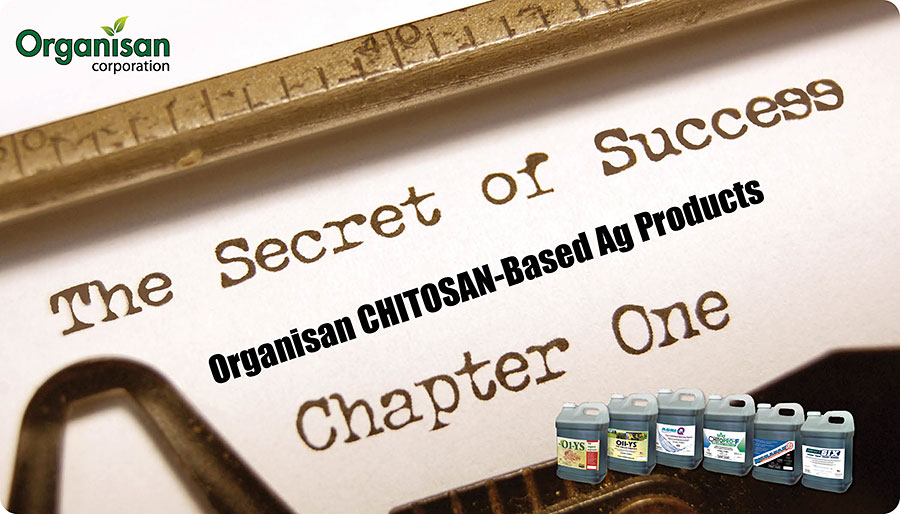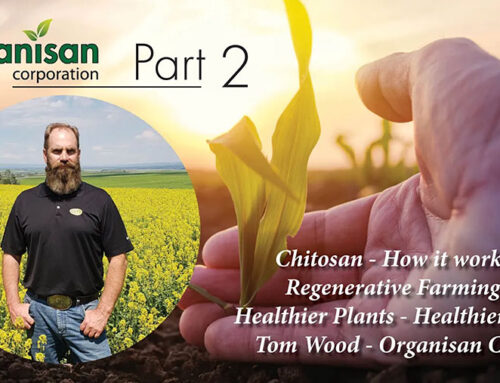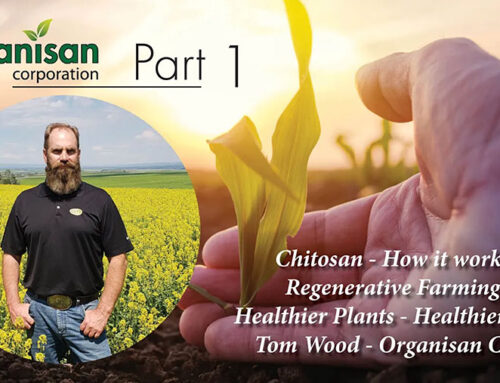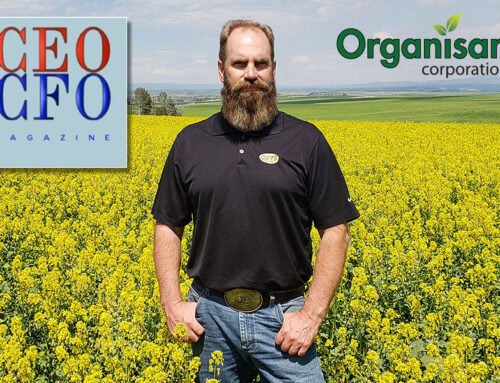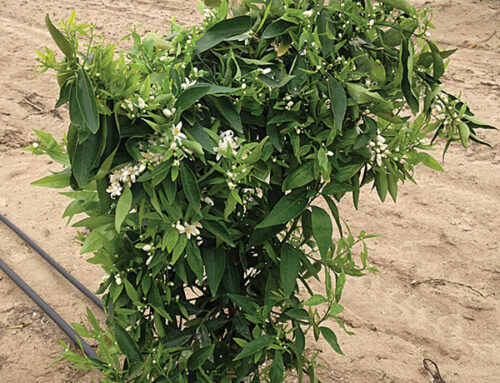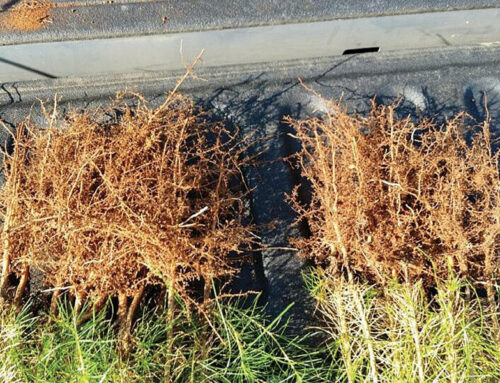In the quest for more sustainable farming, Chitosan has emerged as a powerful natural solution with the potential to reshape agricultural practices worldwide. Derived from the shells of crustaceans like shrimp and crabs, this biodegradable biopolymer has unique properties that make it ideal for eco-friendly crop protection. By boosting plant resilience, promoting healthy growth, and offering a shield against diseases, Chitosan is helping to reduce the need for chemical pesticides and fertilizers—essential for supporting both the environment and agricultural yields.
When applied to crops, Chitosan triggers plants’ natural defense mechanisms, creating a sort of “immune response” that helps plants ward off harmful pathogens. This leads to healthier plants that can withstand various environmental stressors. Not only does this mean a reduction in crop losses, but it also results in better yields and less need for artificial growth enhancers.
Moreover, Chitosan’s biodegradable nature means it breaks down naturally without leaving harmful residues in the soil or water, making it safe for ecosystems and beneficial for long-term soil health. It’s a promising step forward for farmers aiming to adopt more sustainable practices without sacrificing productivity.
As the world shifts towards greener agricultural practices, Chitosan is proving to be a key player in the future of eco-friendly farming. By embracing solutions like Chitosan, we’re investing in a sustainable future that prioritizes crop health, environmental well-being, and global food security.

